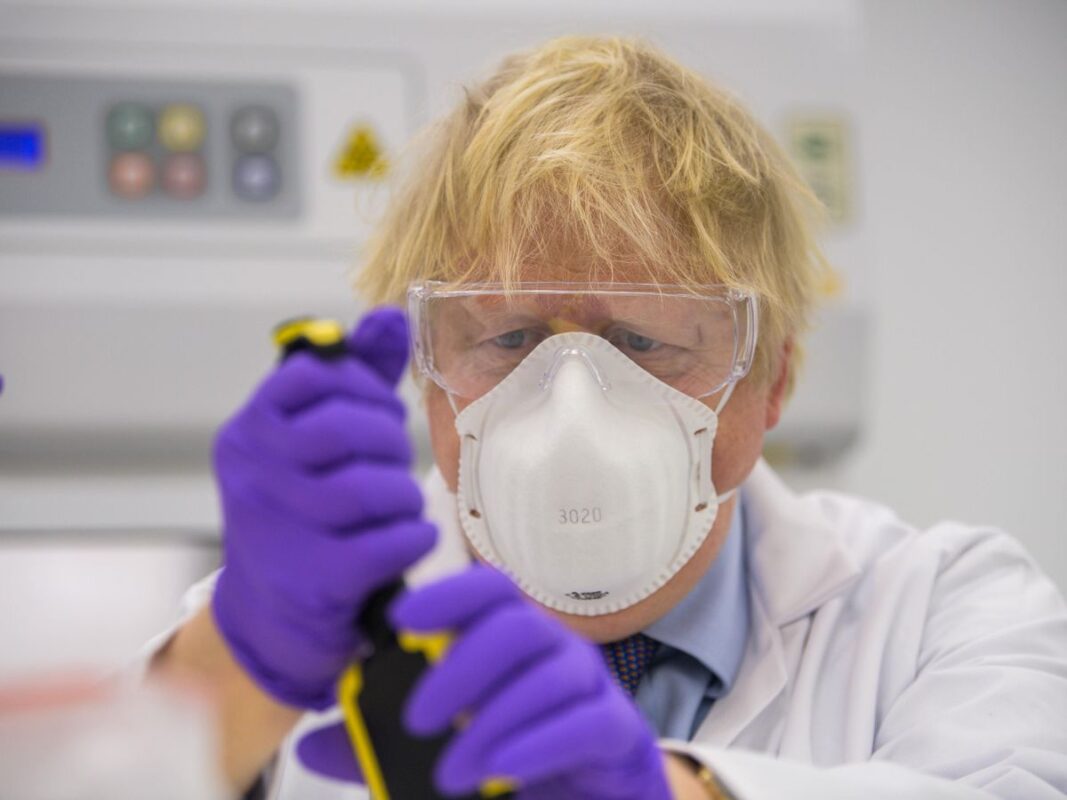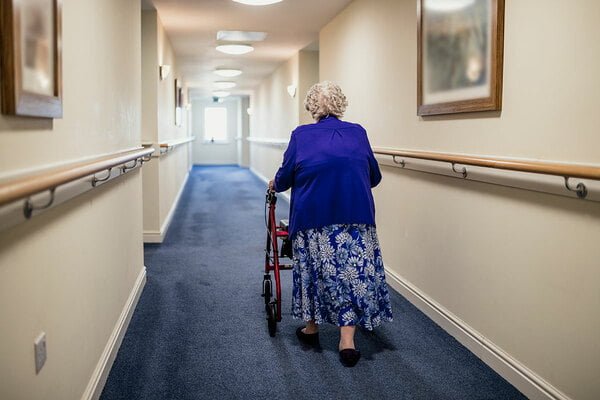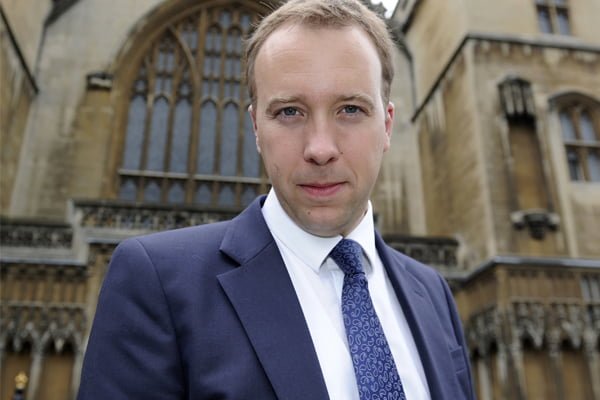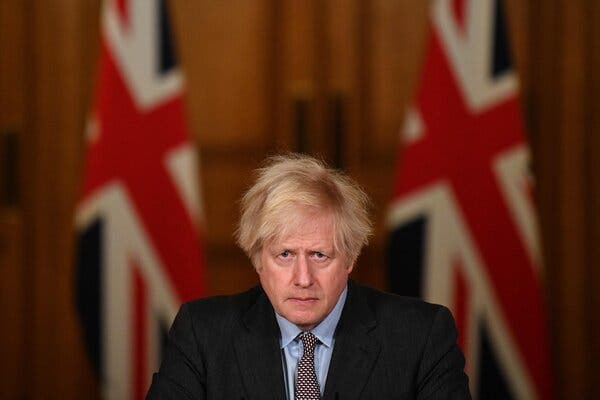National Day of Reflection: An Avoidable Disaster
Share:

Today marks one year since Prime Minister Boris Johnson took the decision to put the UK into its first lockdown. Since then, we’ve had a tiered system, a summer free-for-all which likely contributed to the increase in cases throughout August and September, and another full-force lockdown. But as we pause today to remember the almost 130,000 who have died of Covid, the question we are all asking is: could a disaster of this magnitude been avoided?
The early days

I reported a while back now how the government’s early Covid strategy was a massive failure. Boris Johnson missed five emergency COBRA meetings because he was at Chequers finalising his divorce. Nicola Sturgeon missed six cabinet meetings regarding the virus.
Missing meetings for Johnson turned into him saying he happily shook hands with Covid patients in hospital, and allowing the super-spreading Cheltenham Festival to go ahead. Then, just four days after the World Health Organisation declared a global pandemic, the government made the fatal judgement to discharge 25,000 patients from hospitals into care homes. And still, this doesn’t even account for the fact that our borders have never been closed properly, allowing variants from around the world to infect the country.
A series of let-downs in healthcare

Of those patients discharged into care homes, not all were tested for Covid. Untested patients were sent back regardless. Between 2 March 2020 and 12 June 2020, over 18,500 care home residents were confirmed to have died with the virus. An Amnesty International report found that they were “effectively abandoned” by the government in the most crucial days of the pandemic.
When a mass testing policy was scrapped on 12 March to focus on testing those in hospitals and care homes, it was not until over a month later that regular testing in said homes actually took place.
The care home policy is just one of the Department for Health’s disasters during the course of the pandemic, and Boris Johnson’s former chief adviser would almost certainly agree with that. Just days ago, Dominic Cummings labelled Health Secretary Matt Hancock’s department a “smoking ruin” and an “absolute disaster” in the early days. He then encouraged a public, independent inquiry into the government’s handling of the pandemic.
Pressure is mounting on Mr Johnson to open up to independent scrutiny, with a Labour shadow minister calling for it to happen this summer. A recent poll found that public support for an inquiry is twice as high as those opposed to the idea. It is inevitable that one will happen, and right now, it must feel like a ticking time bomb for ministers.
PPE and procurement – the true smoking ruin

When Dominic Cummings spoke about the disaster of Matt Hancock’s department, he made specific reference to the procurement of PPE. If you cast your mind back to April 2020, the British Medical Association (BMA) reported that PPE supplies for NHS staff were dangerously low. PPE was stuck on planes at one point, and of the PPE we did get, 50 million items were not fit for purpose.
The BMA also found that of doctors working in high-risk environments, over 50% said there was a shortage or no supply at all of face masks; and 65% reported that they did not have access to eye protection. Yet this is just the tip of a Titanic-scale iceberg.
A report conducted by MPs from a range of parties found that the government wasted millions on poor quality PPE and that contracts were handled through a special channel, without tender. And this was all done while the government was also breaking the law. A high court judge found in February this year that Matt Hancock acted unlawfully by failing to reveal details of contracts the department had signed.
Pretty much every contract Mr Hancock has secured during the pandemic has caused controversy, due to their impeccable likeness to cronyism. A friend of Matt Hancock’s was awarded a PPE supply contract worth £14.4 million; another firm with links to Mr Hancock’s family was awarded a £5.5 million testing deal. And – most incredibly – a firm that has donated over £240,000 to the Conservative Party was given £2.5 million worth of taxpayer’s cash.
Vaccinations are the only success story – and they aren’t the government’s

There are now 27.6 million adults in the UK who have received the first dose of their vaccine and 2.2 million who have received their second. The roll-out, by all means, has been a success. So, shouldn’t the government deserve some credit? Short answer: no. The logistics of this operation – unlike PPE, for example – is not under their control. The NHS has been in charge of actually organising this massive vaccination programme.
Instead, the government has a massive £22 billion budget for a test and trace programme that, in December 2020, was found to return just 40% of tests in 24 hours. And, FYI, 70% of the contracts awarded for test and trace programmes were awarded without any competition. The government used emergency legislation to bypass normal rules for awarding public contracts.
Could a disaster of this magnitude have been avoided?

It certainly seems as we look through this series of mistakes by the government, that a death toll of almost 150,000 people could have been avoided. There are so many ‘what ifs’ about this public health crisis, and so many other, much more successful countries to compare ourselves to that, when the inquiry comes, it will hopefully air all of this out in the open.
Intuitively, then, one feels that, yes, a disaster of this magnitude did not have to happen. Deaths were obviously inevitable, but we are here by a series of choices – none of them ours.
